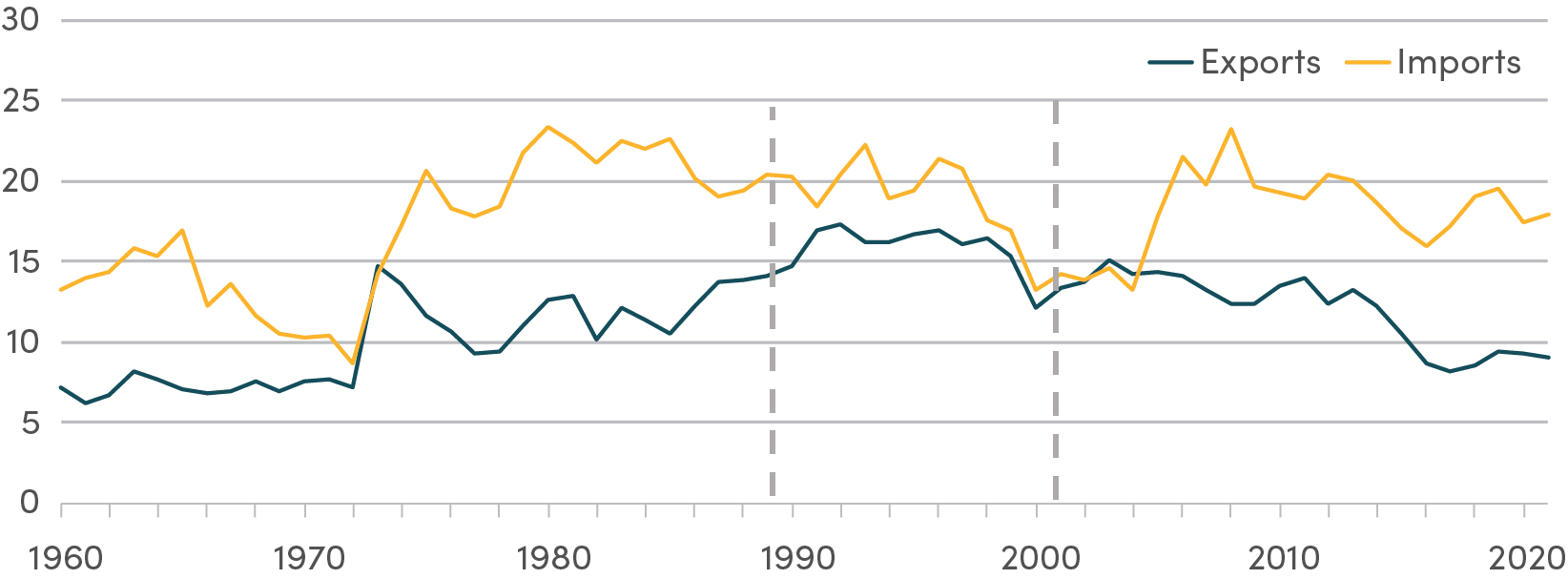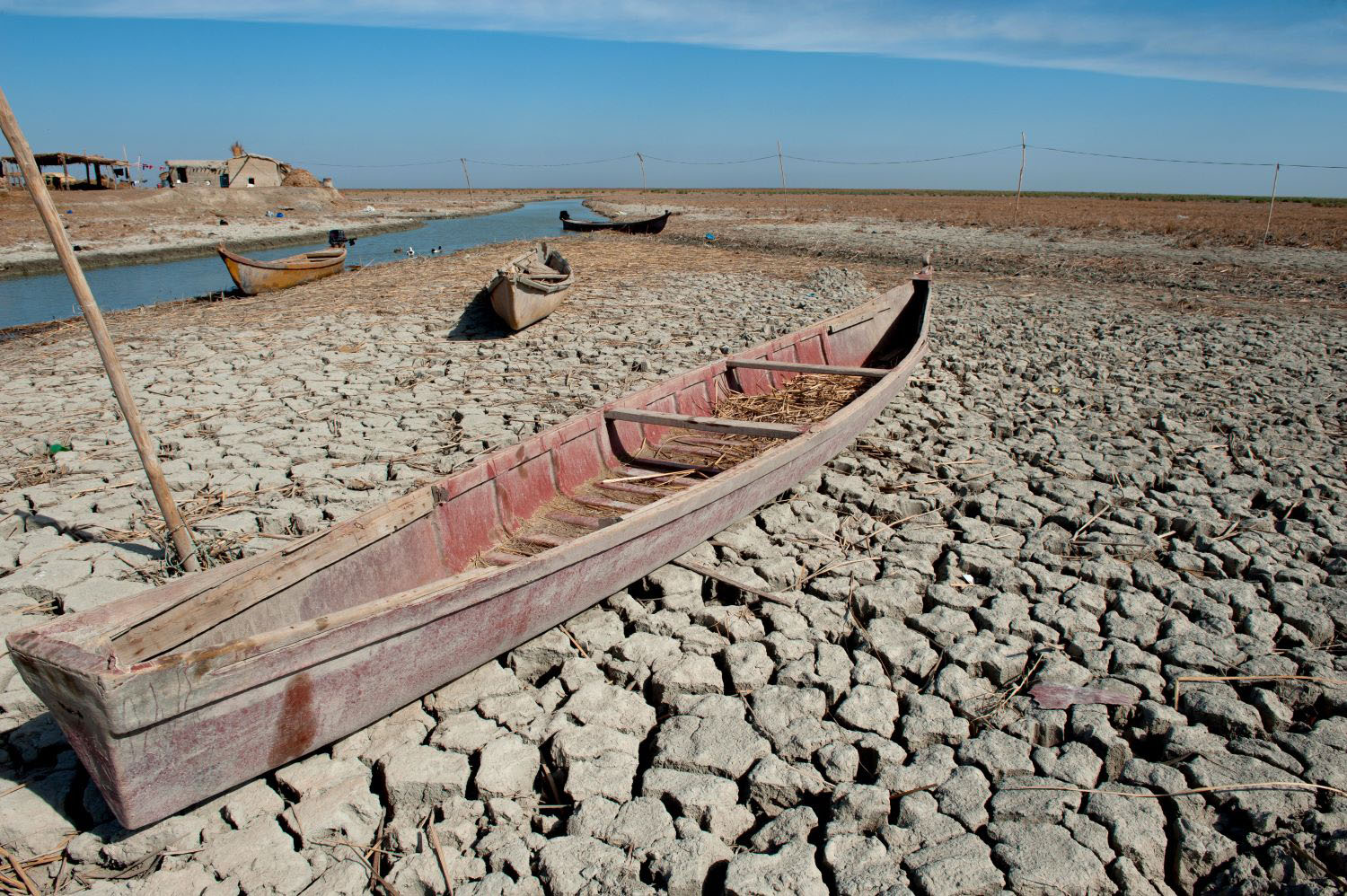
This blog was originally posted on March 7, 2011.
Regulators at the Bank for International Settlements (BIS) in Basel, Switzerland, are hard at work designing regulatory standards to avoid future financial meltdowns like the global financial crisis of 2008. Joining them for two months is Liliana Rojas Suarez, a CGD senior fellow and the founding chair of the Latin American Shadow Financial Regulatory Committee.
I spoke with Liliana just before she left for Basel about macroprudential regulation—an approach that focuses on the systemic risks arising from the collective action of financial institutions. (Liliana had spoken about this at a recent CGD Research in Progress staff meeting; her slides are a useful adjunct to our Wonkcast discussion.) Among the tools attracting greater attention with a macroprudential regulatory approach is the setting of capital requirements—the amount of funds that a financial services firm is required to hold as a buffer to offset unexpected losses in asset values, such as an unexpected and large increase in non-performing loans. While capital requirements are certainly not new, an important innovation of the macroprudential approach is the time-varying nature of the requirements, Liliana explains.
For example, under the new approach banks would be required to increase their holdings of high-quality capital during good times, then reduce them during economic downturns, so that lending could continue. During financial crises, “it is almost impossible to avoid a certain decline in lending, but what you don’t want to have is a credit crunch,” says Liliana. “Avoiding a crunch on credit is the key in-order to keep businesses afloat.”
The problem comes, Liliana explains, with definitions of what sort of capital counts towards "high-quality" capital. In developed countries, the list of financial instruments that have been allowed to count as capital is large (including preferred equity). The crisis demonstrated that most of these instruments didn't meet the necessary conditions to protect the solvency of the financial institutions when it was needed the most. In contrast, banks' capital in most developing countries is simple: non-distributed profits and cash contributions.
This straightforward capital is of the best quality and has served financial systems in developing countries well during the global turbulence of 2008-09. Liliana warns, however, that developing countries’ performance during the financial crisis is not a reason for complacency: many still face important deficiencies in accounting standards, consolidated supervision and risk-management techniques. The trick is to develop macroprudential regulations that are appropriate to these settings.
I also asked Liliana what leverage international standard setting-setting bodies advocating macroprudential reforms have to enforce their recommendations.
“At the end of the day, it ultimately depends on the political will of every country to implement the recommendations,” she says. This is a problem since the United States and other economic giants whose regulatory gaps can have global costs are those least likely to comply, she says. But international standard-setting bodies exercise considerable influence over multilateral institutions, like the IMF and World Bank, which in turn hold considerable leverage over developing countries. This concerns Liliana, who sees a problem with imposing macroprudential regulations that are tailored for developed countries on developing countries’ financial systems.
As we wrap up, I ask Liliana why Latin America recovered from the financial crisis so quickly while the United States and Europe continue to struggle to rebound. A combination of learning from repeated crises, extreme caution from regulators, and a less sophisticated financial system helped Latin countries soften the blow of the crisis, she said. Have something to add? Ideas for future interviews? Post a comment below, or send me an email. If you use iTunes, you can subscribe to get new episodes delivered straight to your computer every week. My thanks to Will McKitterick for his production assistance on the Wonkcast and for drafting this blog post.
CGD blog posts reflect the views of the authors, drawing on prior research and experience in their areas of expertise.
CGD is a nonpartisan, independent organization and does not take institutional positions.






